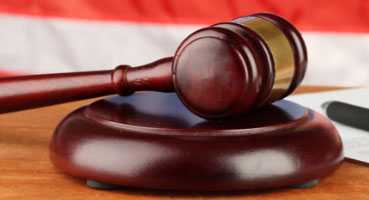Have you ever gone to use your debit card at the grocery store, gas station, etc., but it’s declined even though you were recently paid? Does your bank then tell you that your account has been overdrawn due to a creditor garnishing your bank account? If so, we are here to help you! Bank account and wage garnishments are actually far more common than you might think. Many of our clients who face this type of situation think that their money is lost. However, if you act fast enough, you might be able to recover some, if not all of those funds. There are several ways to take action against your bank account or wages being garnished such as a Chapter 7 bankruptcy, a Chapter 13 bankruptcy, settlement, or even fighting the case. There are benefits and drawbacks to all options, so you may want to consider reviewing all options with an attorney before moving forward.
chapter 13 bankruptcy
Our Blog
There are two main chapters of bankruptcy cases that most individual consumer debtors file: Chapter 7 and Chapter 13. A Chapter 13 case requires you to make a monthly payment to a trustee for 3 to 5 years to pay your unsecured creditors a percentage of what you owe them. A Chapter 7 case is open for about 4 months and requires no repayment to your unsecured creditors.
Once you have paid all the upfront fees you have been quoted and provided us with all the documents we have requested from you, we will set you an appointment to sign your petition and at that time, once you have reviewed all the paperwork thoroughly and signed where required, we will file the petition with the court. At this time, and not before, you will have all the protections given by federal law against collection, repossession and foreclosure as well as from being sued in state court for nonpayment.




